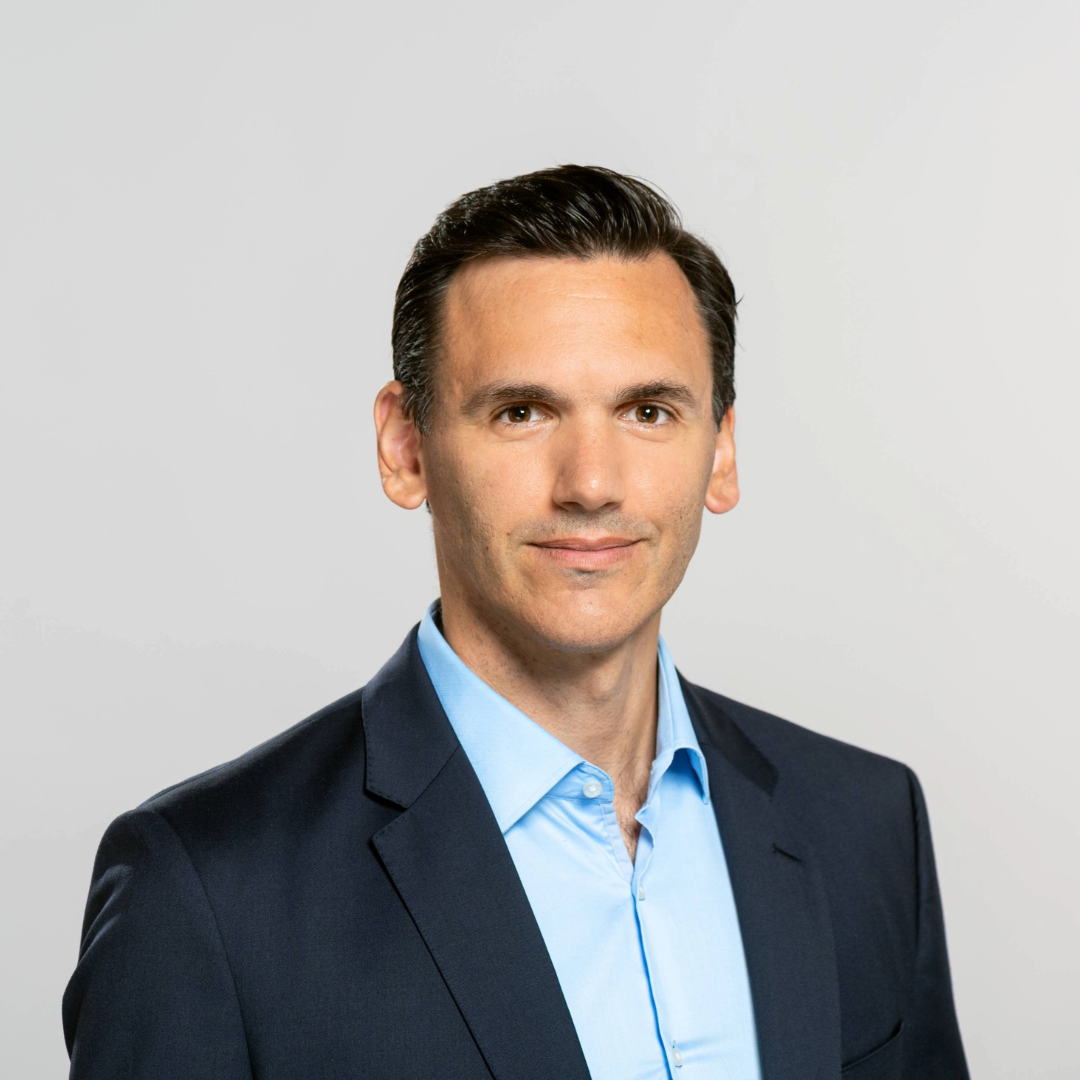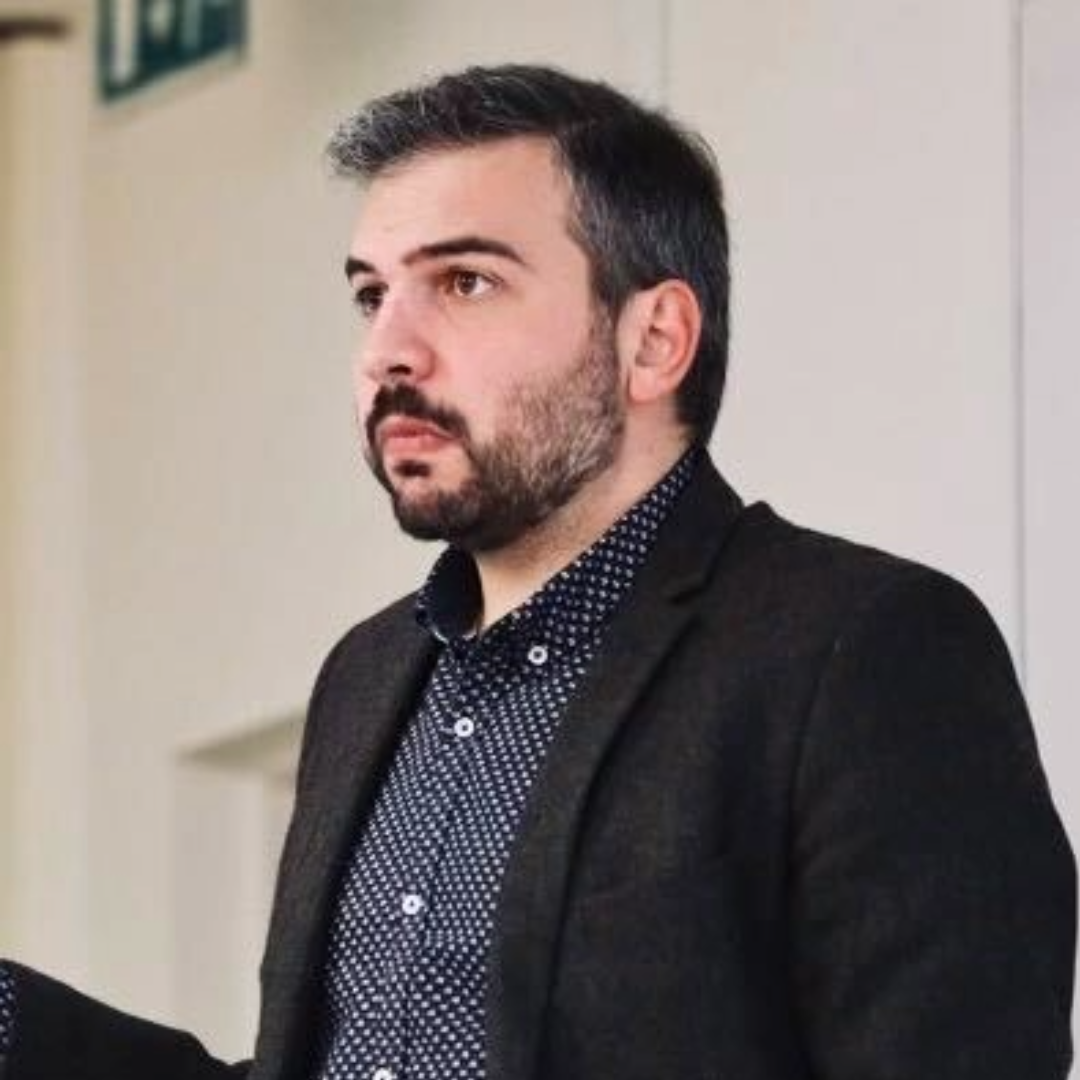What People Want from Platforms Isn’t What Musk and Zuckerberg Are Selling
Yannis Theocharis, Spyros Kosmidis, Friederike Quint, Jan Zilinsky / May 6, 2025This post is part of a series of contributor perspectives and analyses called "The Coming Age of Tech Trillionaires and the Challenge to Democracy." Learn more about the call for contributions here, and read other pieces in the series as they are published here.
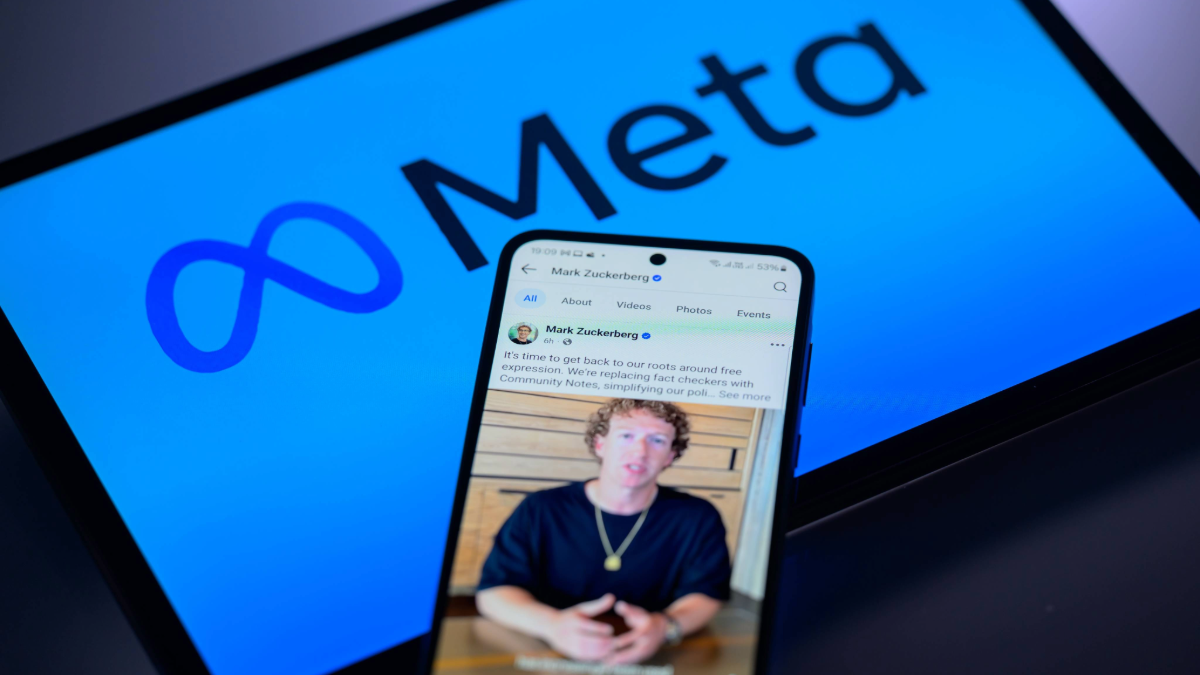
On January 7, 2025, Meta founder and CEO Mark Zuckerberg announced substantial changes to the company's approach to content moderation.
Before acquiring Twitter—now rebranded as X—Elon Musk, who has described himself as a “free speech absolutist,” pledged to transform the platform into a “digital town square where matters vital to the future of humanity are debated.” In pursuit of this vision, Musk implemented sweeping changes shortly after the acquisition, including substantial cuts to Twitter’s content moderation teams. These actions, which also included the dismissal of employees who had publicly criticized him, were repeatedly justified by Musk as aligning with people’s preferences over freedom of expression.
Musk’s rhetoric is not unique. In a video titled “More Speech and Fewer Mistakes” Mark Zuckerberg framed Meta’s policy shifts as his company’s return to its “roots in free expression.” He argued that these changes were necessary to resist mounting pressures for “global censorship,” citing Europe specifically for its “ever-increasing number of laws institutionalizing censorship” (a perspective later amplified by United States Vice President JD Vance during his remarks at the Munich Security Conference). Soon after Zuckerberg’s announcement, internal leaks revealed that Meta plans to permit certain controversial statements on its platforms, including antisemitic claims such as “Jews are flat out greedier than Christians.”
These developments suggest that major tech companies may finally be moving toward the free speech utopia they once promised—a vision seemingly shared by the current US administration, which has, for example, set the abolition of hate speech laws in Britain as a negotiating point in trade negotiations.
But as Musk and Zuckerberg position themselves as champions of unrestrained expression, a critical question remains: is this truly what the public wants?
To answer this question, we fielded surveys in 10 countries last October and November. We sought to understand what citizens expect from social media platforms and how they perceive potential trade-offs related to free expression. As we show in detail in a report we released in February, and illustrate below with a few key examples, the data suggests that the public wants digital spaces that are both free and fair—where expression is protected but harm is mitigated.
Respondents were asked to rate how important they thought freedom of speech was relative to the harm it might cause, on a 0 to 100 scale from strongly preferring free speech to prioritizing harm prevention ("strongly preferring protection from harm"). The results reveal substantial cross-national variation.
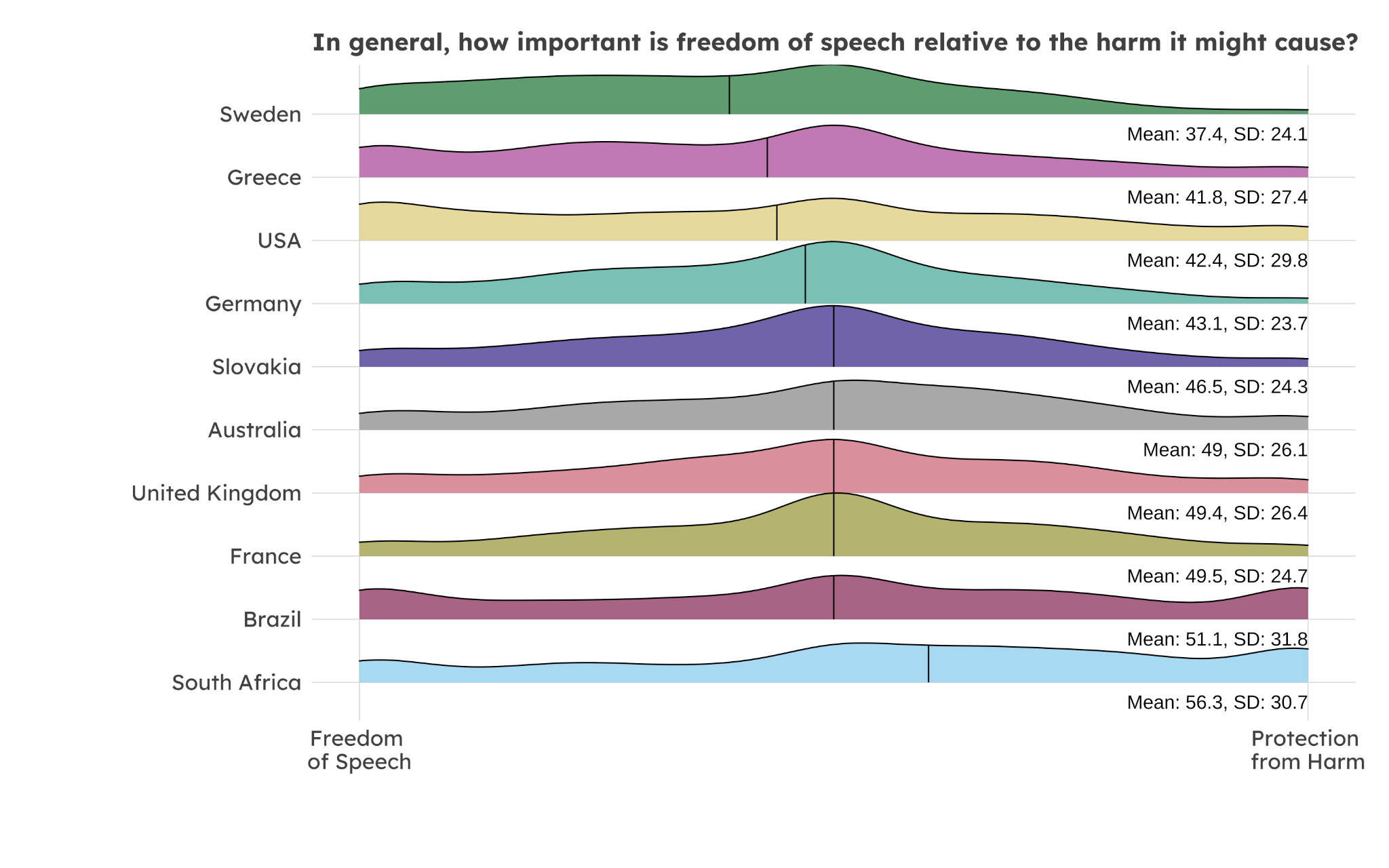
How Nations Weigh Free Speech and Harm: Comparative survey data showing where public opinion leans across 10 countries.
On average, South Africans most strongly leaned toward prioritizing protection from harm (mean = 56.3, with lower values indicating a stronger free-speech stance), followed by respondents in Brazil and France. In contrast, Swedes showed the strongest preference for protecting freedom of speech (mean = 37.4), with Greece (41.8) and the US (42.4) also leaning in that direction. Most countries clustered around the midpoint of the scale, including the UK, Australia, and Slovakia, reflecting more ambivalent or balanced views. Standard deviations were relatively large across the board, suggesting meaningful within-country disagreement on this issue.
Beyond the abstract considerations, our surveys also show that there are specific situations when citizens support content moderation. To take one example, 4 out of 5 respondents agree that speech inciting violence should be banned. This preference for harm prevention relative to free speech absolutism is strongest in Slovakia, Brazil, Germany, and France, while it is notably weaker in the US. Still, a majority of Americans - 63% - lean against free speech when there is a risk that it will lead to violence (violent threats go against most platforms’ terms of service and are considered unprotected speech even in the US).
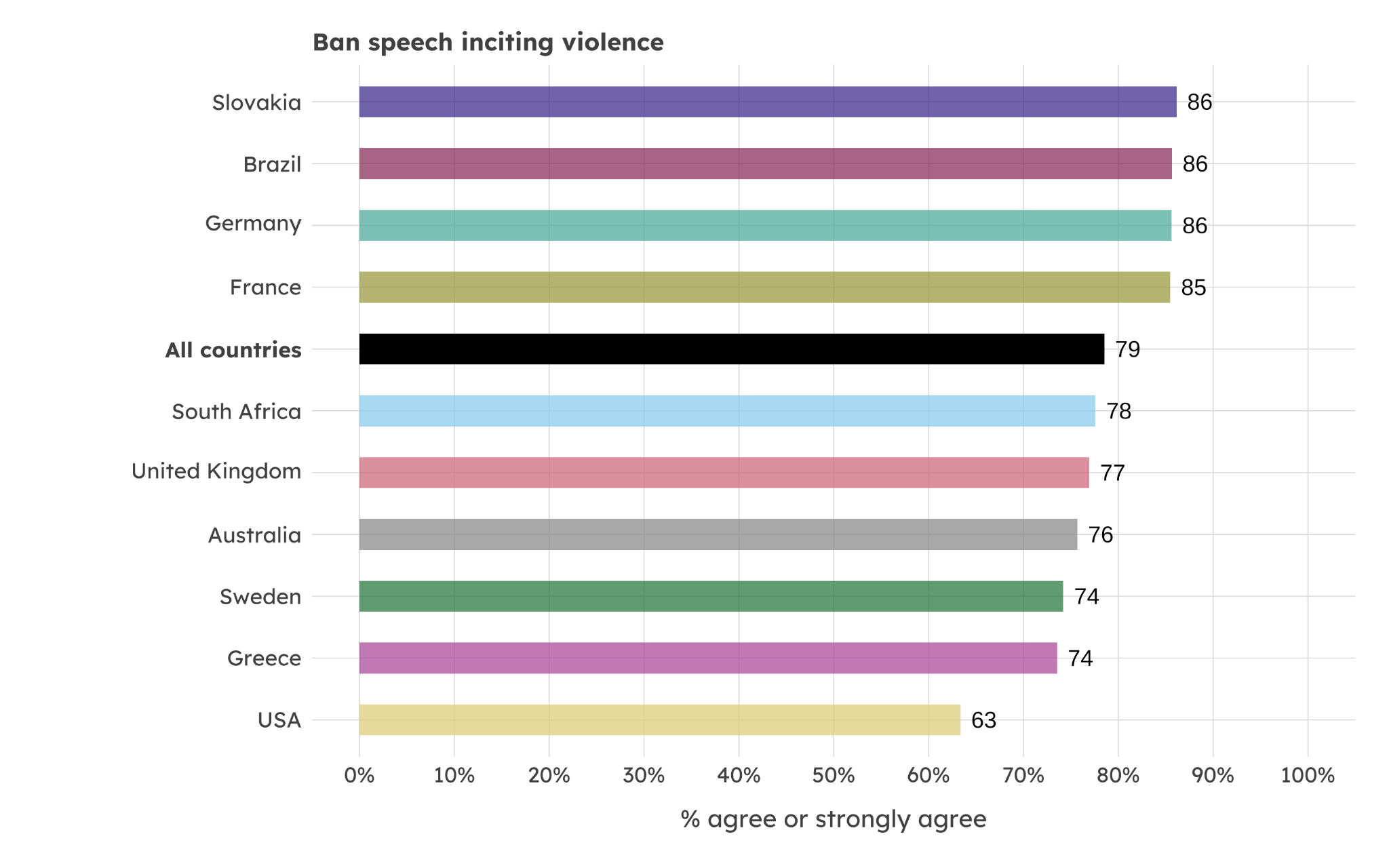
Support for Banning Violence-Inciting Speech: Percentage agreeing that such speech should be banned, by country.
In our surveys, we also asked respondents to position themselves on an 11-point scale where, on one end, there are social media platforms with no content moderation, and on the other, platforms completely free of misinformation. Our results show that when confronted with this choice, most people prioritize a healthier online environment—though the US remains an outlier, with a larger share of respondents favoring unrestricted speech and a smaller group supporting strong protections against misinformation.
(The full wording of our question was the following: “Imagine that there existed an option to have a social media platform completely free of misinformation, or a platform where people can post whatever they want. On a scale from 0 to 10, where 0 represents social media platform feeds completely free of misinformation and fake news because of platform content moderation, and 10 represents feeds where users can post anything without restrictions, where would you place yourself?”)
Following the US, a notable share of “no moderation” absolutists can also be found in Brazil and South Africa, whereas this group is considerably smaller in most other countries. At the same time, Brazil and South Africa also show relatively high average support for protection from misinformation. Overall, while the US places greater emphasis on free expression than other countries, the data still suggest that many Americans seek a balance between unrestricted free speech and protection from misinformation.

Global Views on Platform Governance: Distributions of preferences across countries for misinformation-free versus unmoderated social media.
Much of the global conversation around content moderation and free speech remains shaped by Western assumptions, even though social media platforms govern speech across a wide range of cultural and legal contexts. This debate is often framed as a “free speech vs. censorship” ultimatum. But new evidence we present here offers a different lens: most users do not want unregulated spaces. They view moderation as essential to sustaining democratic discourse. Accordingly, the “free speech vs. censorship” framing—often used by tech executives and some policy elites—is a misleading dichotomy. It not only serves the interests of tech companies over those of the public, but also obscures a reality that many citizens recognize: that unrestricted speech can, in fact, undermine the free speech rights of others, particularly by enabling and silencing through intimidation.
If the much-publicized free speech measures fail to reflect public preferences, and if tech executives, as widely reported, routinely act in ways that contradict the freedom of expression they claim to uphold—whether by censoring anti-regime content to safeguard their business interests, yielding to autocratic pressures, or simply reducing the reach of those with whom they disagree—then it becomes evident that the value of freedom of expression is being co-opted at the public’s expense. The same applies to some political elites in the US who, while accusing European institutions of suppressing free expression through “censorship laws,” simultaneously push for changes to academic curricula when they object to the content, and selectively engage with journalists based on personal bias.
These patterns point to a troubling disconnect between the rhetoric of free speech and the realities of how it is practiced by those in power. They reveal how the concept is often deployed not as a principled stance, but as a strategic tool used to consolidate influence and deflect accountability.
This inconsistency between citizens' preferences and the “free speech vs. censorship” ultimatum in public discourse should prompt any thoughtful citizen to question whether this debate is truly about free speech or if it is, in fact, a calculated strategy to advance political agendas and profit. If it is the former, it aligns with defending one of the most important achievements of modern democracies and thus a goal well worth striving for. But if it is the latter, then by privileging power over principle, these actors erode trust in democratic institutions and discourse, undermining the very freedoms they claim to defend.
Authors
